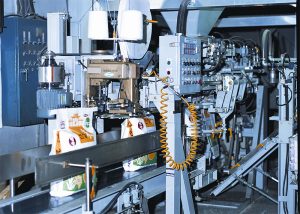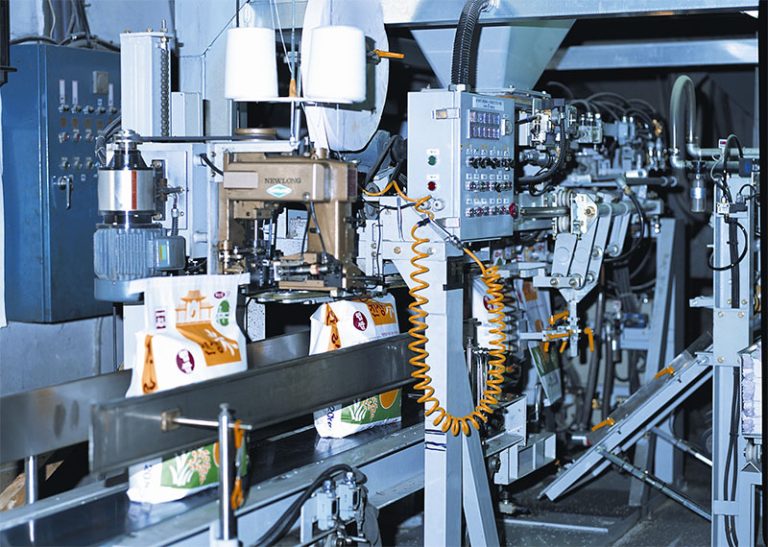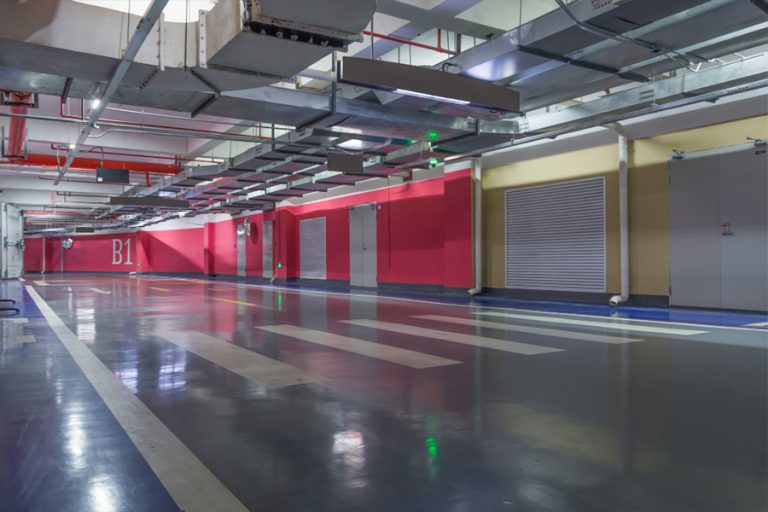Being a small business owner, you are aware of how crucial effective storage is to supporting company growth. A 3PL warehouse in Melbourne performs several different functions in addition to its primary purpose of holding goods and resources. It can be used for packing, assembling, shipping, and receiving, and it can even house office staff. However, maintaining a warehouse is expensive, and in order to make the best use of its resources, careful planning and administration are needed. To save costs and optimise processes, meticulous attention to detail is necessary for every facet, ranging from inventory management to logistical coordination. In addition to promoting seamless company operations, efficient warehouse management also lowers total costs, which supports long-term growth and a competitive edge in the market.
1. Identify Your Inventory
Small business owners must monitor their inventory and storage requirements. The inventory requirements for your business will differ based on its nature. For instance, a restaurant must monitor its food inventory, whereas a retail store must keep track of the items on its shelves.
The type of business will also determine the storage demands. While some companies might be able to get by with a simple storage room, others would require a whole warehouse. Small business owners may make sure that they have the space and resources necessary to run their operations efficiently by monitoring their inventory and storage demands.
To determine your inventory needs, take into account the following factors:
- The kinds of goods or resources you must keep in storage
- The quantity of goods or supplies you must keep in storage
- The regularity of material or product turnover
- The necessary storage conditions, such as humidity, temperature, and security
2. Use Efficient Warehousing Management
Small business owners can save expenses, maximise storage use, and maintain strict inventory control with the help of an effective warehousing management system. Putting such a system in place can be the spark that ignites your small business to new heights. There are several warehouse management systems available, so it’s critical to choose one that meets your unique business needs. Purchasing a complete warehousing management system can help with a number of important functions, such as demand forecasting, order fulfilment optimisation, inventory tracking, and real-time reporting. You may increase productivity, simplify processes, and eventually take your small business to new heights of profitability by utilising the possibilities of a well-suited warehousing management system.
- Inventory management
- Order selection, packing, and interstate package delivery
- Shipping
- Stock control
3. Investing in The Right Equipment
Making a calculated investment in the right warehousing equipment is essential to running a small business warehouse effectively. Depending on the type of business and the things being housed, different equipment is required. For example, retail companies usually need security cameras for surveillance and shelving systems for orderly product displays. On the other hand, in order to expedite output, manufacturing facilities could give assembly tables and conveyor belts priority.
Small business owners can increase operational efficiency, cut expenses, and preserve smooth business operations by choosing and acquiring the right warehouse equipment. Careful investment guarantees the protection and safety of stored items in addition to streamlining workflow. In the end, these actions help the company maintain success and expand, giving it a competitive advantage in the marketplace.
4. Keep it Clean
The simplicity of finding inventory and controlling stock levels in a well-organised warehouse results in considerable time and cost savings during order fulfilment, as well as a reduced chance of damaged or lost goods. Additionally, a well-organised warehouse area improves safety by reducing the likelihood of trips and falls. Furthermore, a clean and organised warehouse projects professionalism and inspires trust in clients and customers. In the end, the careful planning of warehouse space can have a significant impact on a small business’s overall success. Consider putting the following tactics into practice to maximise warehouse functionality:
- Creating a logical layout for simple navigation.
- Using labelling systems for quick item identification.
- Designating specific storage areas for various product categories.
- Routinely carrying out inventory audits to maintain accuracy and efficiency.
5. Know Warehousing Trends
It is quite beneficial for small business owners to keep up with the most recent 3PL warehouse in Melbourne trends. They learn about new tactics and technology that improve operational effectiveness by doing this. Additionally, this proactive strategy helps find chances for cost savings and solve problems. Being aware of warehousing trends helps small firms grow and change with the times.
Here are some of the warehousing trends to look out for –
- Using a warehousing management system
- Usage of robotics
- Usage of sensors
- Usage of big data
6. Train Warehousing Employees
Not only is it advantageous, but proper employee training on warehousing processes and interstate package delivery is also essential to the efficient operation of any warehousing facility. It is the cornerstone for increasing worker productivity, reducing mistakes, and creating a safer workplace. Small business owners may guarantee that their employees have the abilities and know-how required to perform a variety of activities effectively by providing them with appropriate training. Additionally, skilled staff members are more adaptive, which helps the company adjust to changing warehouse standards and maintain its position as a market leader. It’s crucial to cover a wide range of subjects in training sessions, including workflow optimisation, safety procedures, inventory management, and equipment operation. Putting time and money into comprehensive training eventually pays off by empowering staff members and strengthening the foundation of the business.
- The utilisation of storage apparatus
- The right methods for handling and storing goods
- How to use a forklift safely
- Sales practices for fire safety.
- First aid protocols
Conclusion
Efficient warehousing is important for small enterprises’ success. Precise attention to detail facilitates process optimisation, cost reduction, and long-term success in everything from inventory management to employee training.















